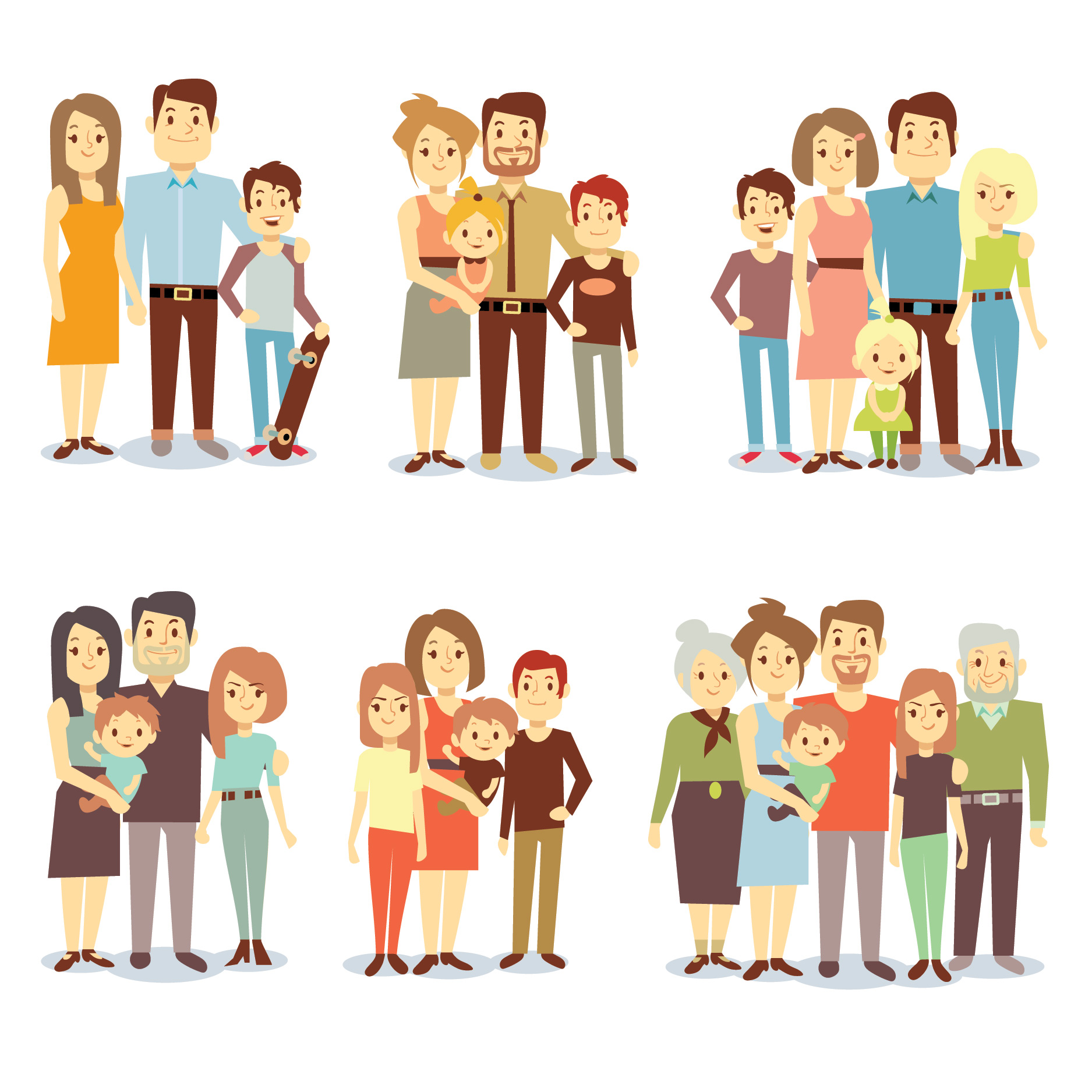Have you ever thought about how your family dynamics affect your children?
According to a recent study published in the Child Development journal, the dynamics of a family can affect how well your children do in school.
The study was conducted by the University of Rochester in New York and the University of Notre Dame in Notre Dame, Indiana, and it evaluated 234 families with six-year-olds over a three-year period. The families were evaluated twice a year for two to three hours at a time. During each evaluation, researchers assessed the parent’s marriage, parent-child relationships, the moms and dads separately and the family as a whole.
The data that the researchers gathered supported the theory that there are three distinct family types: cohesive, disengaged and enmeshed.
Cohesive families are emotionally warm.
Disengaged families are cold, controlling and withdrawn.
Enmeshed families are moderately warm with some emotional involvement, but meddling and hostility are present.
Based on the study’s results, researchers found that children from disengaged families tend to have the most problems in school.
The study also found that children from disengaged families tend to be more aggressive and disruptive, while children from enmeshed families start their schooling on the same level as children from cohesive families. However, enmeshed children end up with higher levels of anxiety and may experience increased feelings of loneliness and alienation.
The study also noted that dysfunctional families are not the sole cause of a child’s behavioral problems in school. There are others factors, as well, that contribute, including whether they live in a high-crime neighborhood, attend a high-poverty school or are friends with other troubled children.
So what family type do you have? And what can you do to improve your family’s dynamics?
